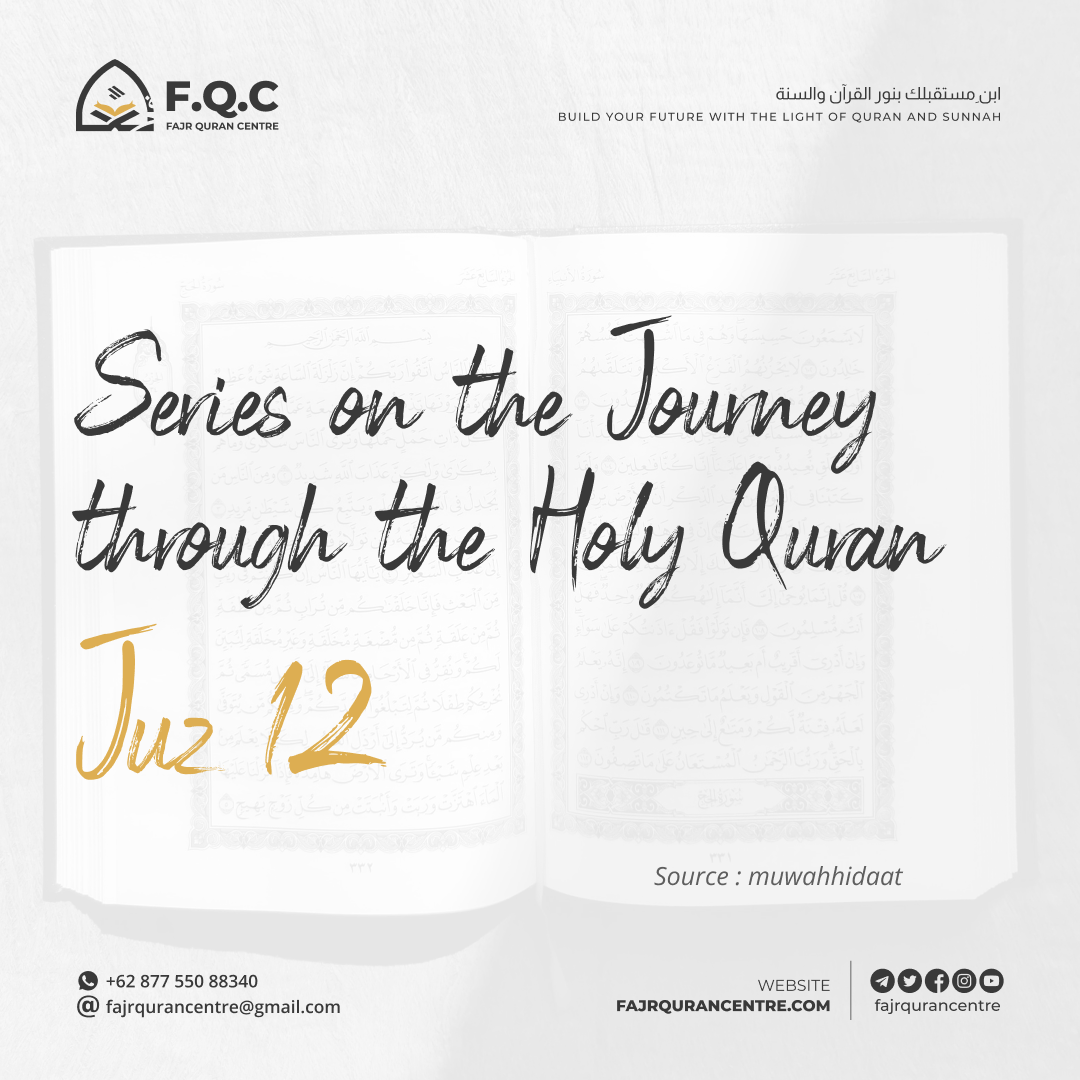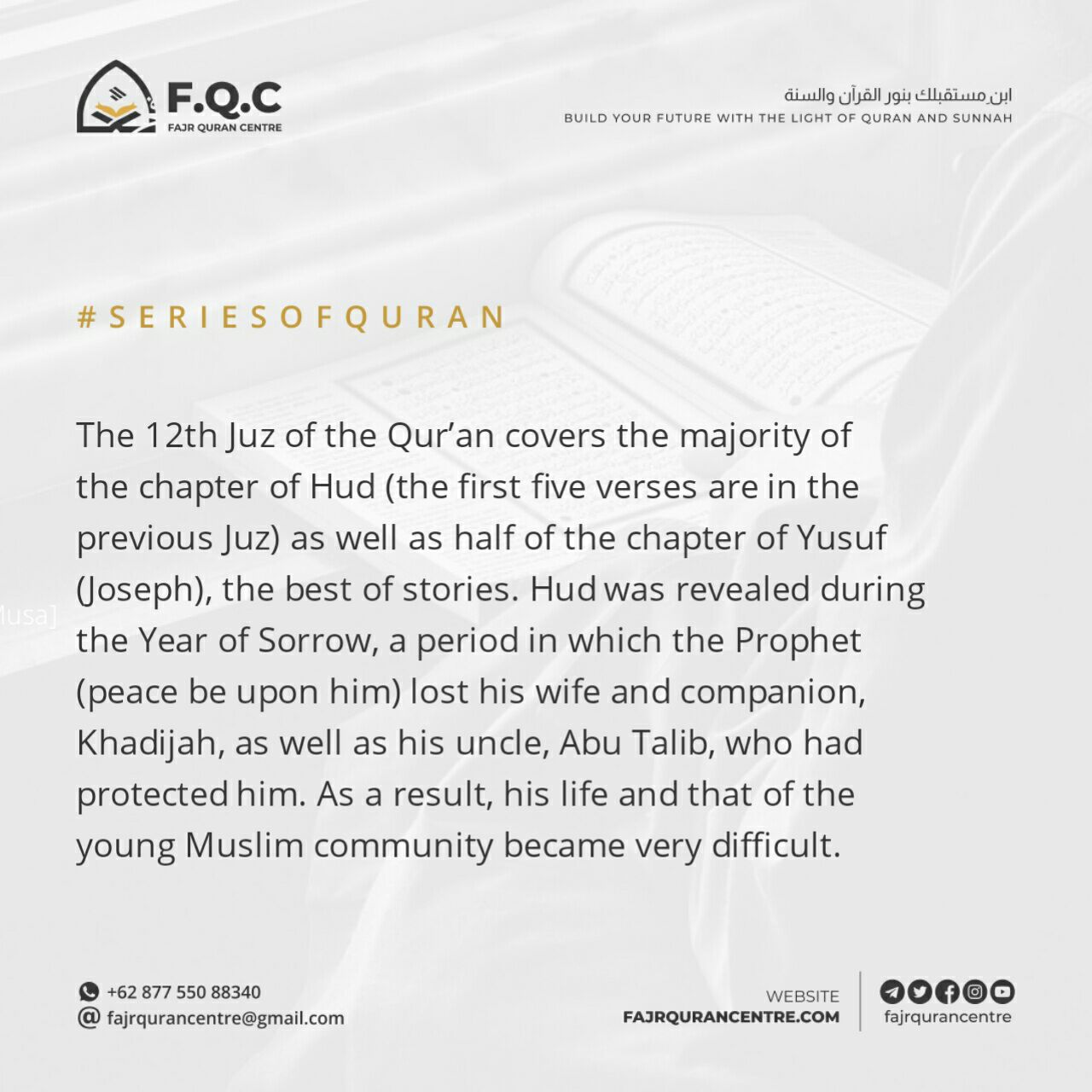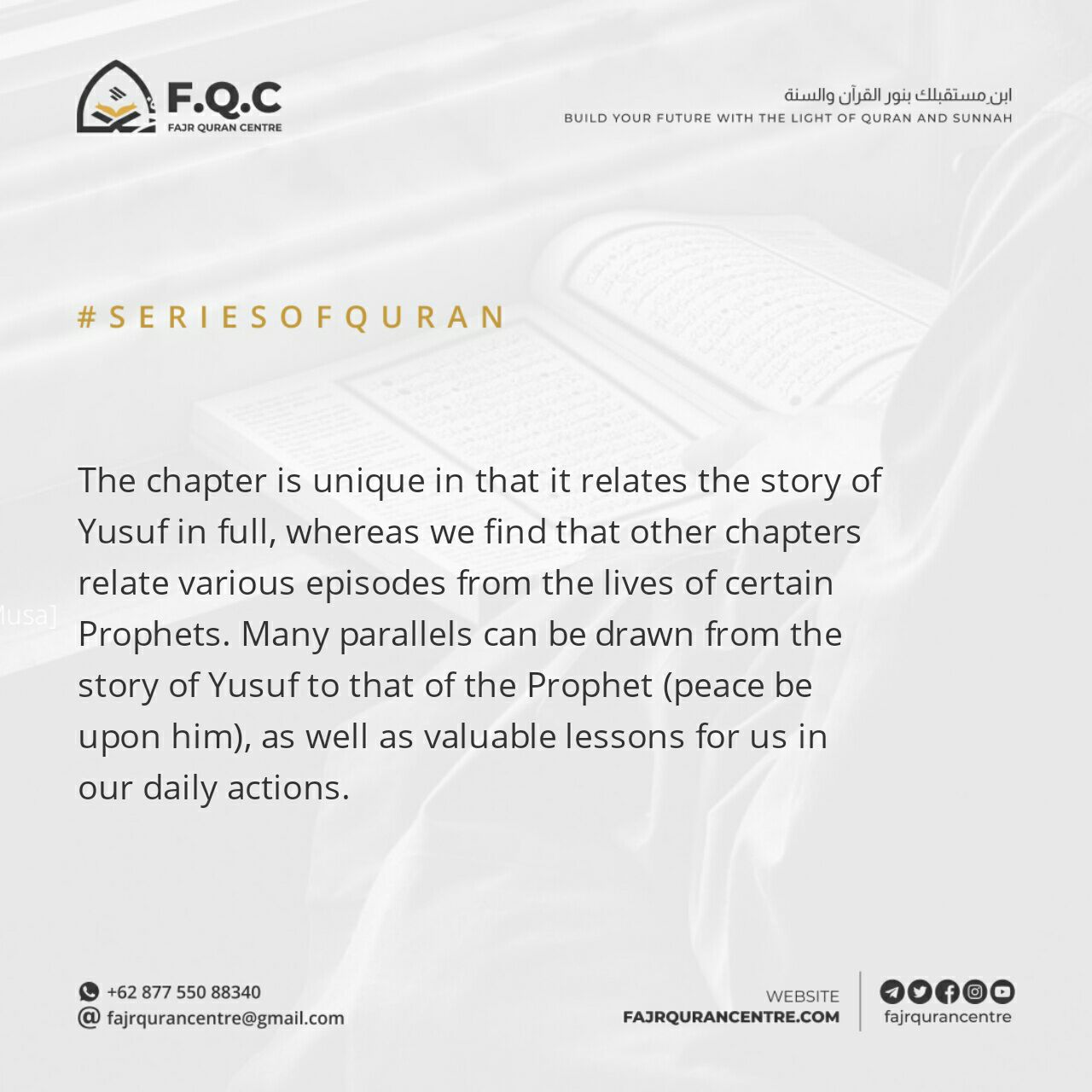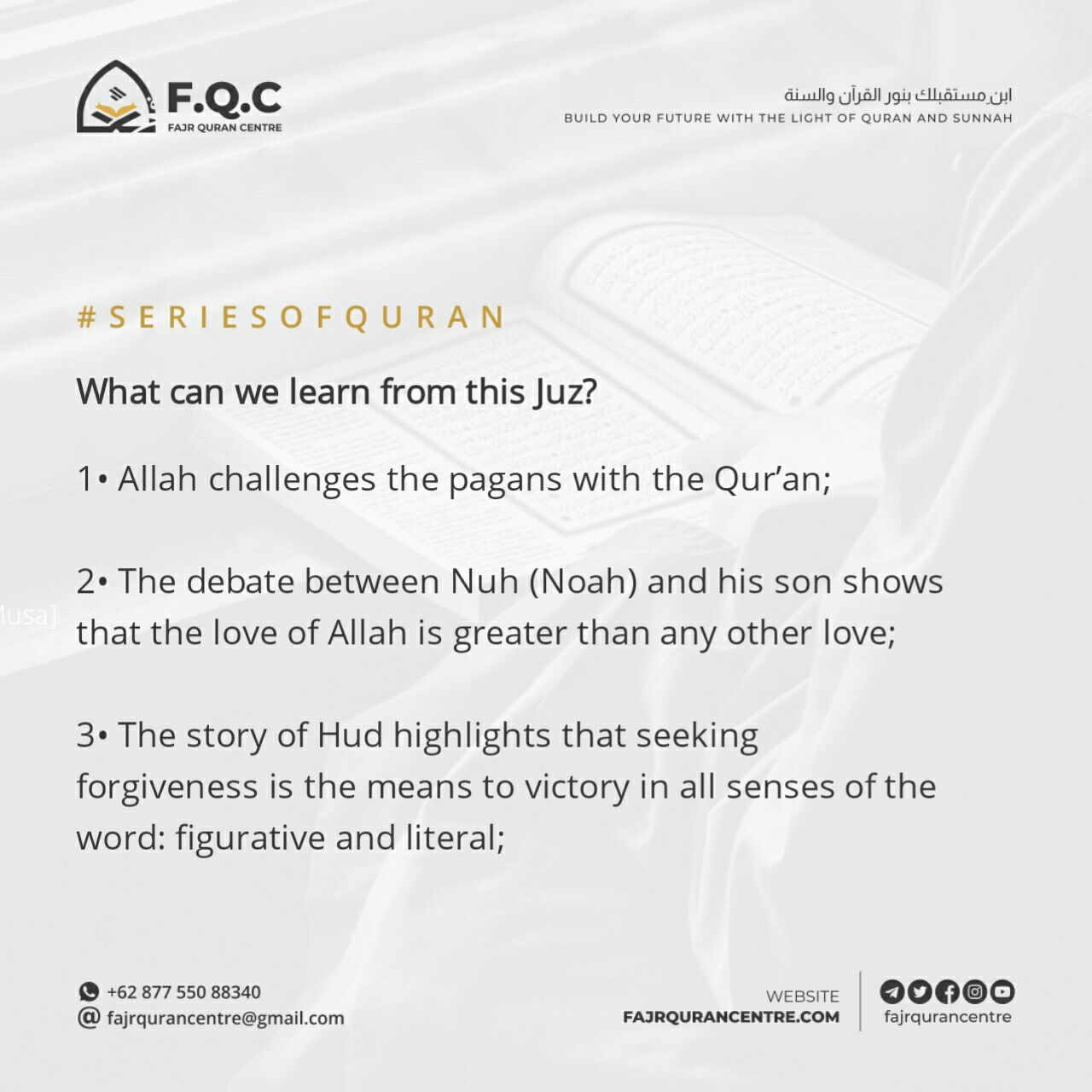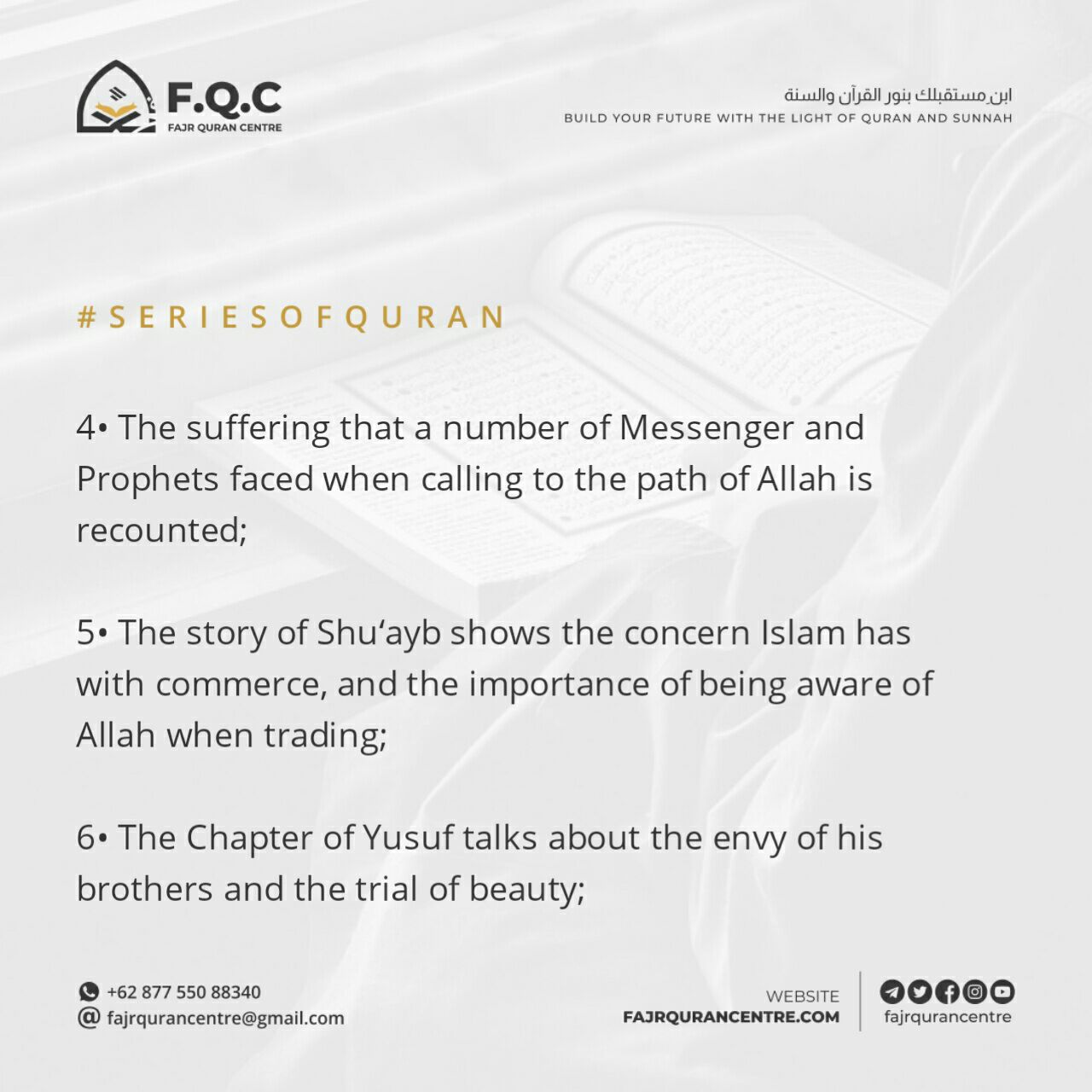About Us

Take lessons to help teachers with an income, given to them through your fee. To help yourself, by gaining beneficial knowledge. To help others with your knowledge. So much you can do while being at home.
Learn moreLessons
-
Al-Qur'an
In Quran classes, the teacher will teach tajweed rules, memorization, revision and correction of the Holy Quran.
-
Arabic Letters
Learning Arabic letters is a basic guide with the rules of pronunciation for reciting Quran. It is a noted fact that people who learn the arabic letters.
-
Arabic Language
In the Arabic language, we have a program what consists of 3 levels: Beginner (Noor al bayan), Intermediate (Conversation) & Advance.
-
Other Language
In the Arabic language, we have a program what consists of 3 levels: Beginner (Noor al bayan), Intermediate (Conversation) & Advance.
Fidia
-
Website applications
We can make for you a company profile website, E Commerce, or Web application according to your business needs.
-
Mobile Applications
We can make for you, a mobile application, which runs on Android or Ios, according to your business needs.
-
Design & Branding
We provide services for making logos, flyers, banners, product catalogs, and other designs according to what you want.



